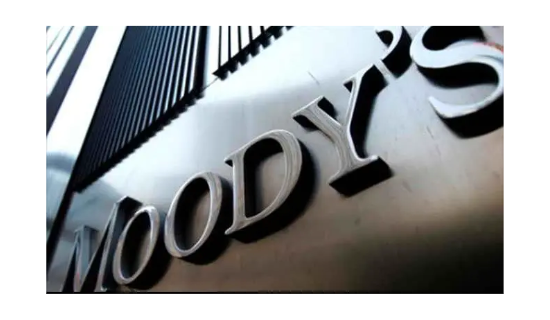Moody’s Ratings has upgraded Nigeria’s long-term foreign currency and local currency issuer ratings to B3 from Caa1 and changed the outlook to stable from positive.
In the rating action update shared on its website on Friday, Moody’s said it has also upgraded Nigeria’s foreign currency senior unsecured debt ratings to B3.
“The upgrade reflects significant improvements in Nigeria’s external and fiscal positions. A more flexible exchange rate has greatly bolstered external reserves. Concurrently, the removal of oil subsidies has alleviated budgetary spending pressures. Initially, these policy shifts posed inflationary risks, with, as a result, a potential for policy reversal.
“These risks have now diminished, with inflation and domestic borrowing costs showing nascent signs of easing, giving us confidence that the policy changes are becoming more entrenched. Moreover, tax reforms have started yielding results. Although vulnerabilities related to oil prices and the exchange rate remain, Nigeria’s more robust buffers support a B3 rating,” it stated.
Highlighting the rationale of the upgrade in outlook to stable from outlook, the credit rating agency said, “The stable outlook means we expect Nigeria’s recent progress on external and fiscal fronts to continue, though at a slower pace if oil prices fall.
“We assume current policies—like the flexible exchange rate—will stay in place, supported by a healthy balance of payments. Over the next few years, we expect debt to level off at 50 per cent of GDP, with interest payments taking up about 35 per cent of government revenue.”
The new rating upgrade boosted the positive reviews that the country has been receiving, as earlier this month, the World Bank reported that Nigeria’s economy achieved its fastest growth in about a decade in 2024, driven by a strong fourth quarter and an improved fiscal position.
The World Bank said, “Nigeria’s new policy direction boosts international competitiveness, increases the attractiveness of Nigeria for domestic and foreign investments, and has started to reduce debt-related fiscal risks and reopen fiscal space.
“Yet, addressing deep-rooted constraints is key to sustaining stronger growth in Nigeria. This requires reducing trade barriers, facilitating trade, increasing access to a reliable power supply, and improving the business environment.”
However, it expressed concerns about the high inflation, which currently stands at 23.71 per cent.
On inflation, Moody’s said, “Nigeria’s high inflation reflects chronic macroeconomic imbalances and the side effects of the corrective policy measures taken over the last two years. Inflation has therefore been slow to temper, but signs of easing have now emerged.
“A significant update to the Consumer Price Index basket weights, the first since 2009, occurred at the end of 2024, bringing the inflation rate to 24.5% in January from 34.8 per cent in December 2024, complicating long-term trend analysis. Nonetheless, a slight decline in inflation since January indicates underlying pressures are easing.
“Food price inflation, a major driver of overall inflation and social risks, shows a clearer downward trend, falling for three consecutive months from 26.1 per cent in January to 21.3 per cent in April.
“Social risks peaked in the summer of 2024 with widespread protests over living costs. While risks persist, especially if the naira depreciates further amid falling oil prices, the pass through to inflation has been reduced alongside the external rebalancing.”















